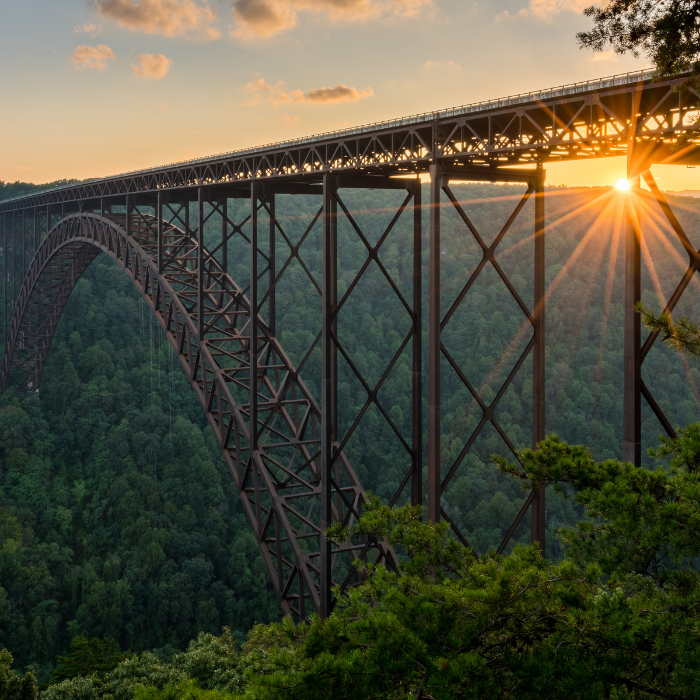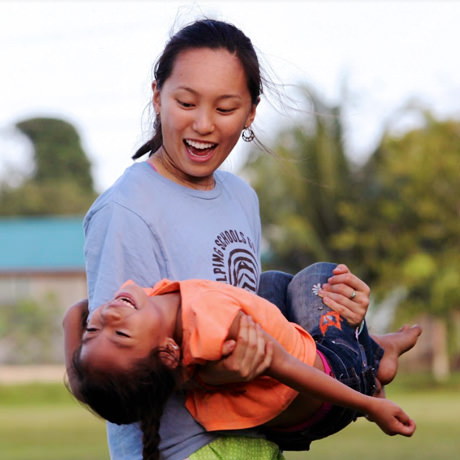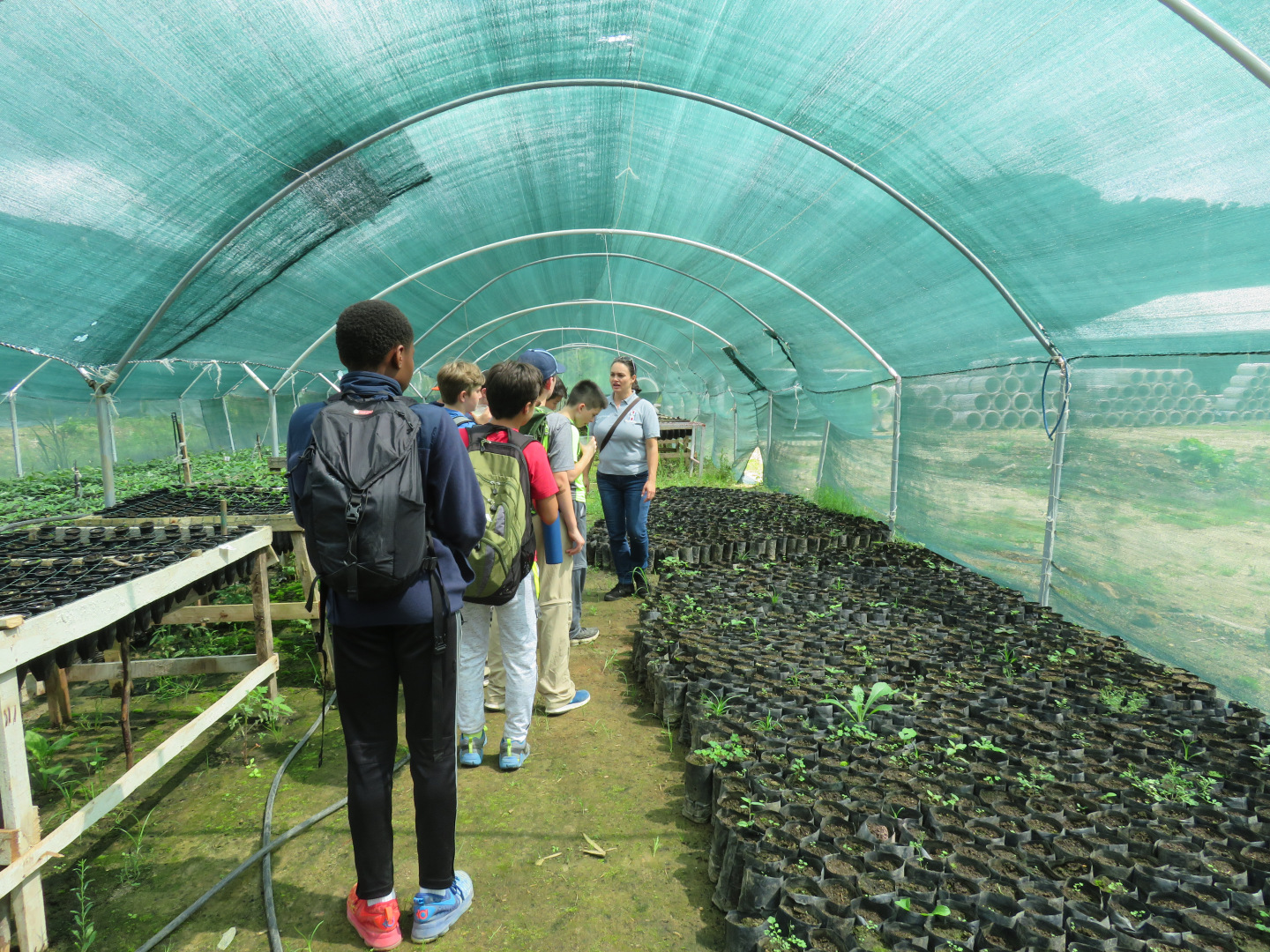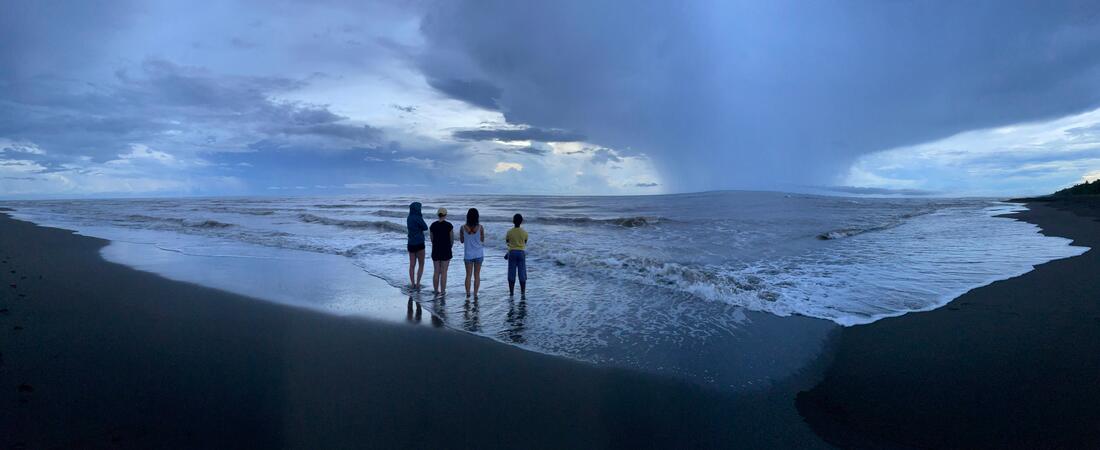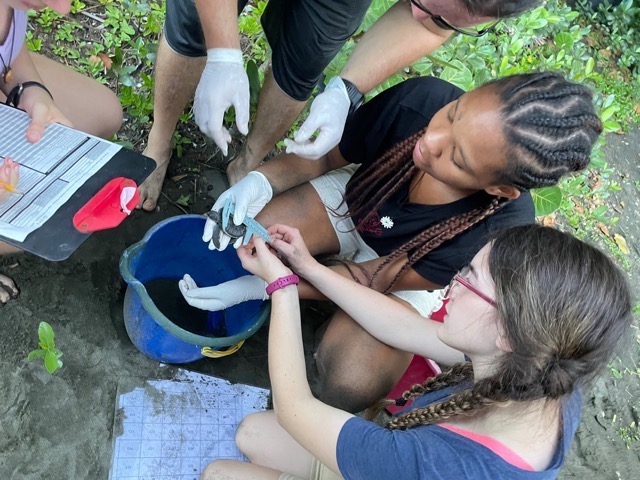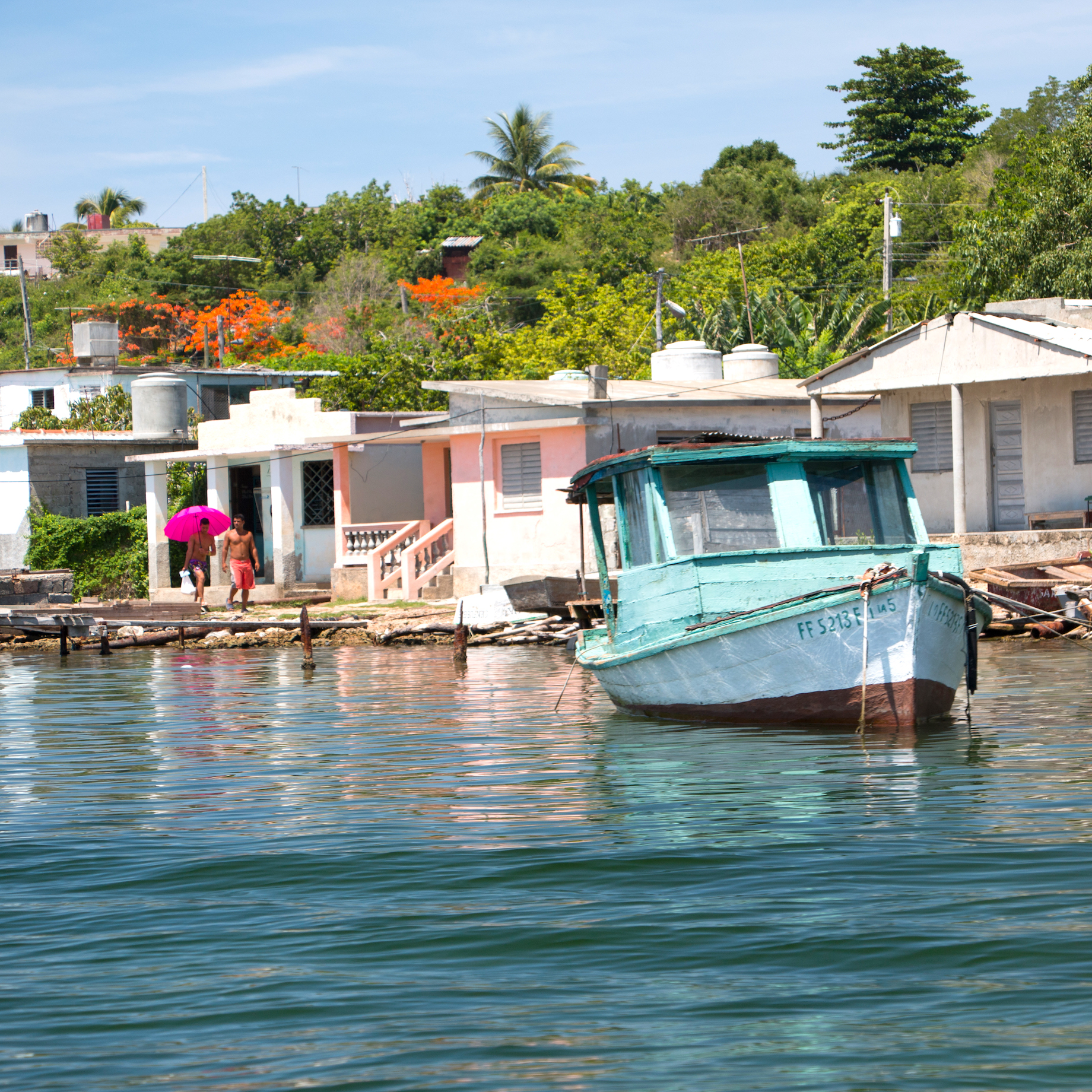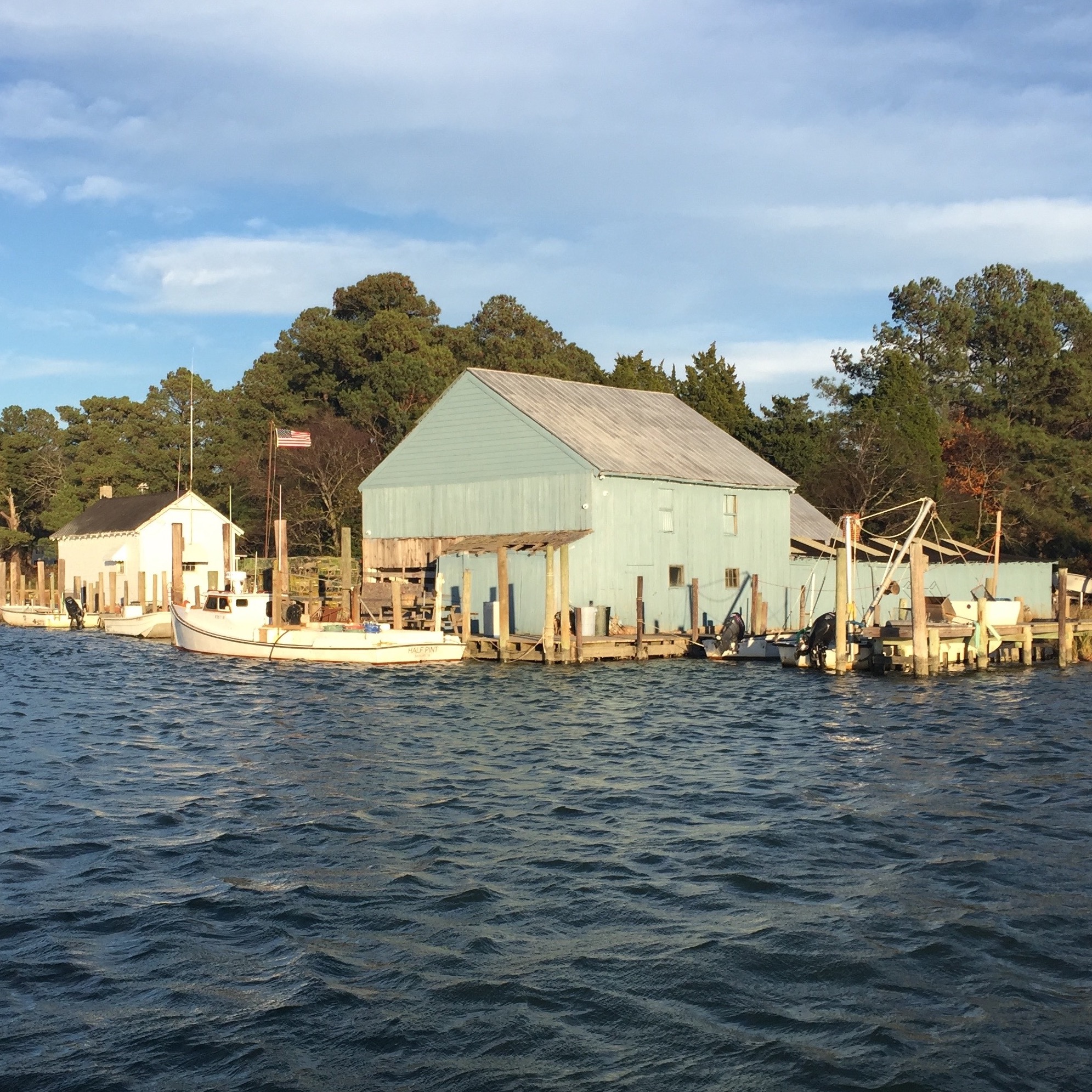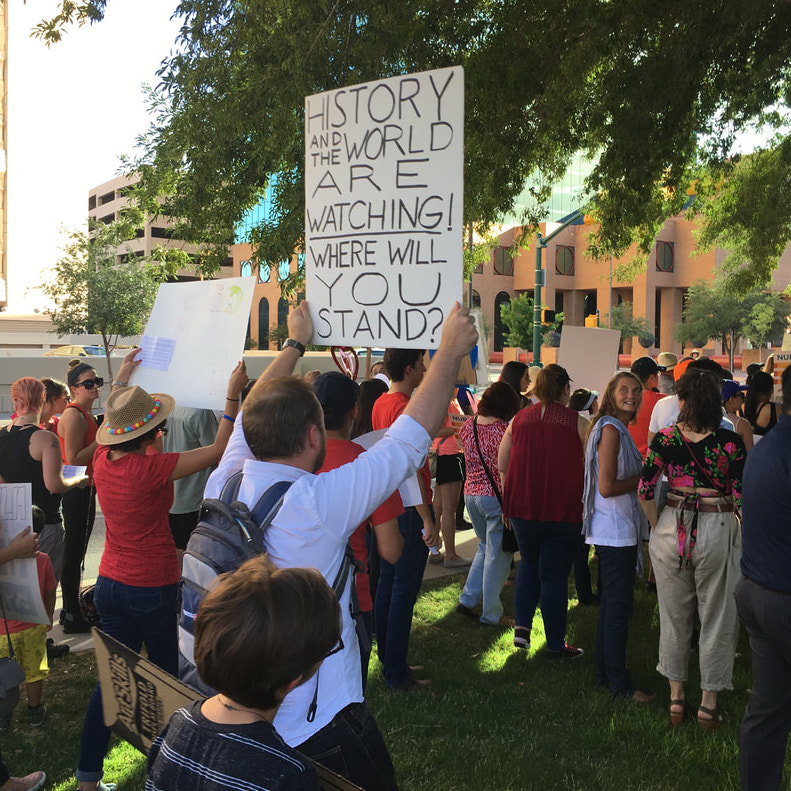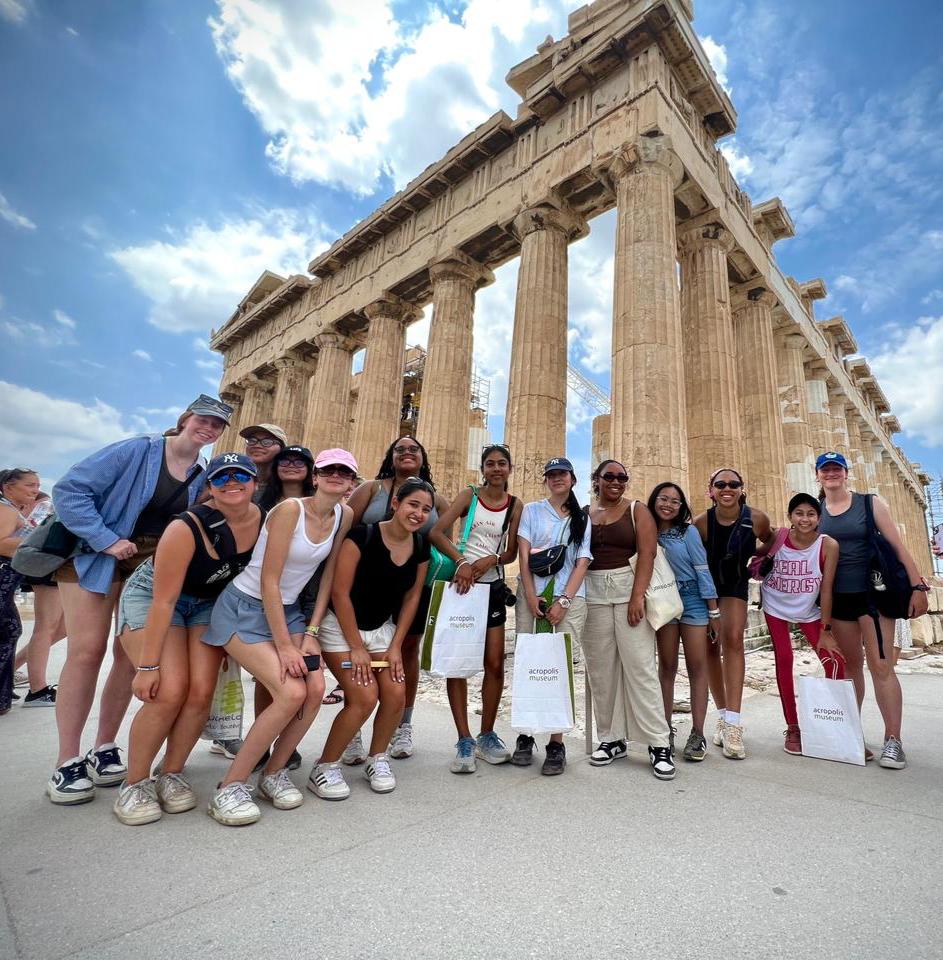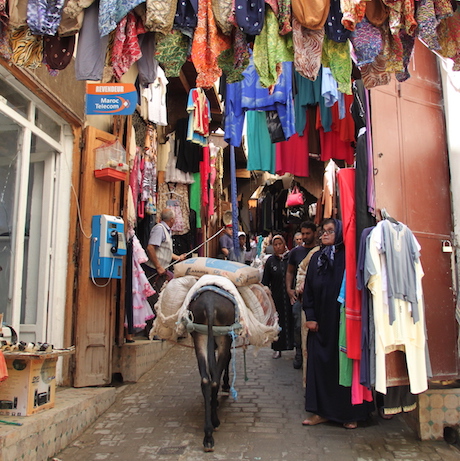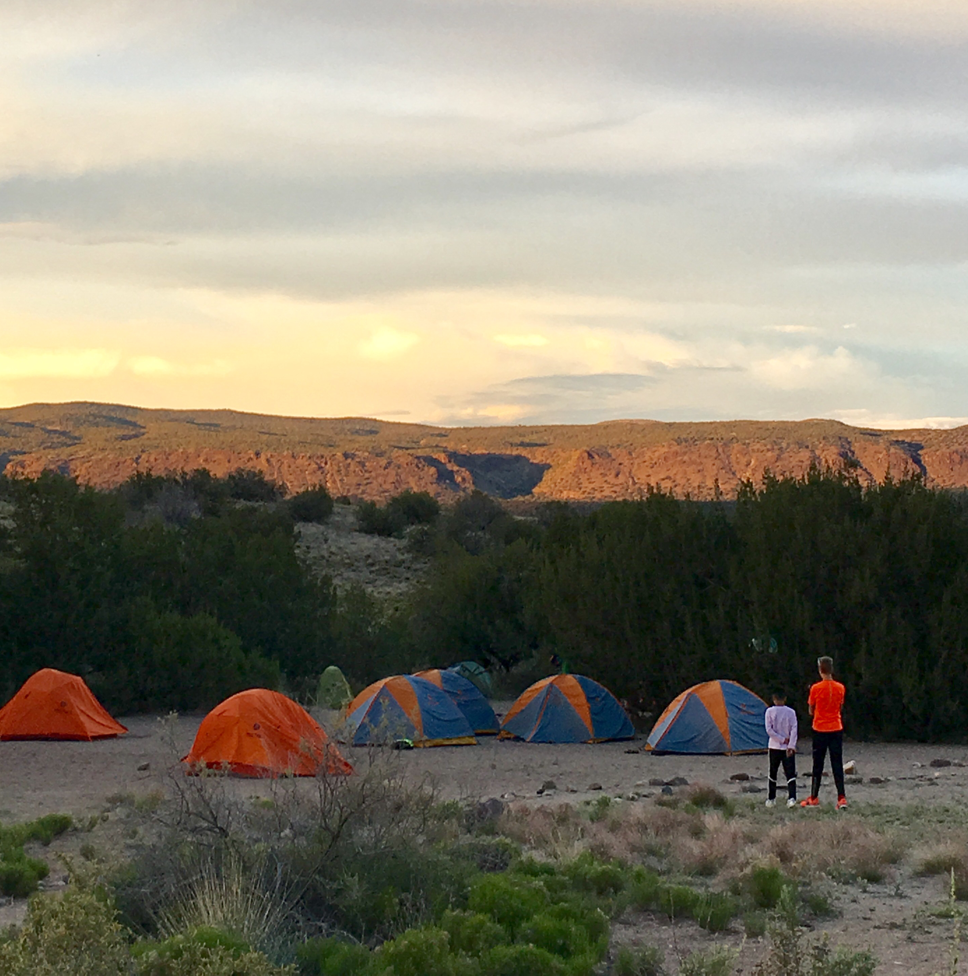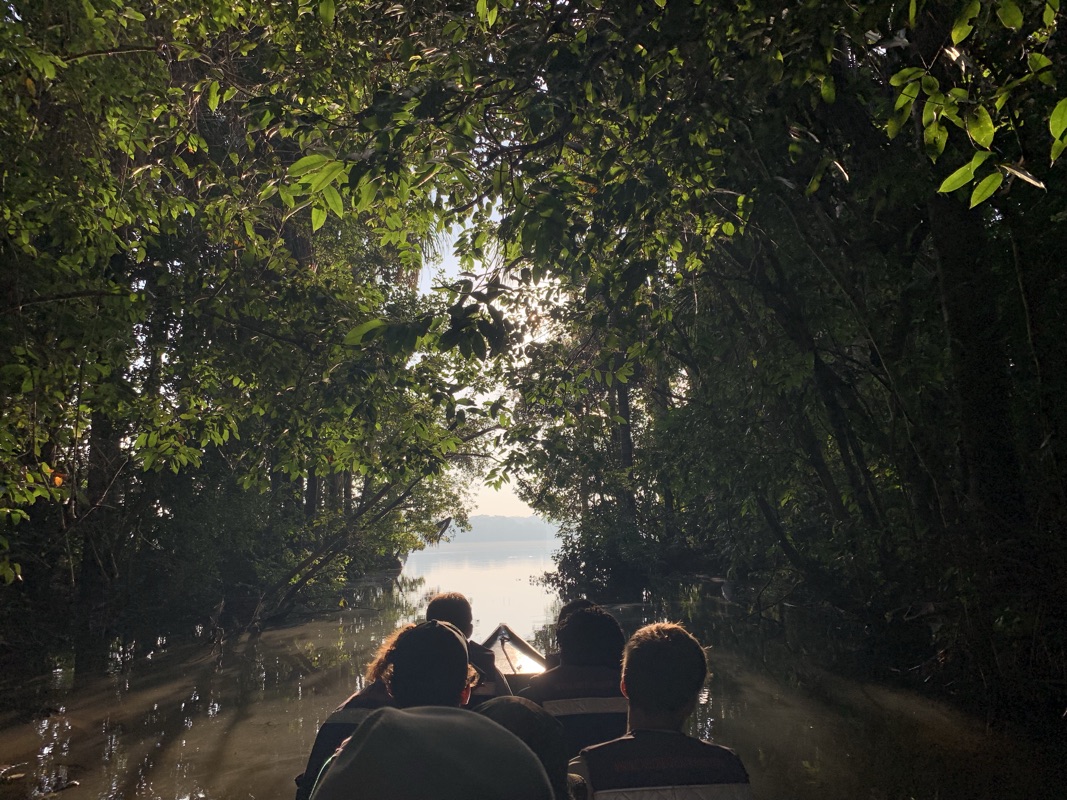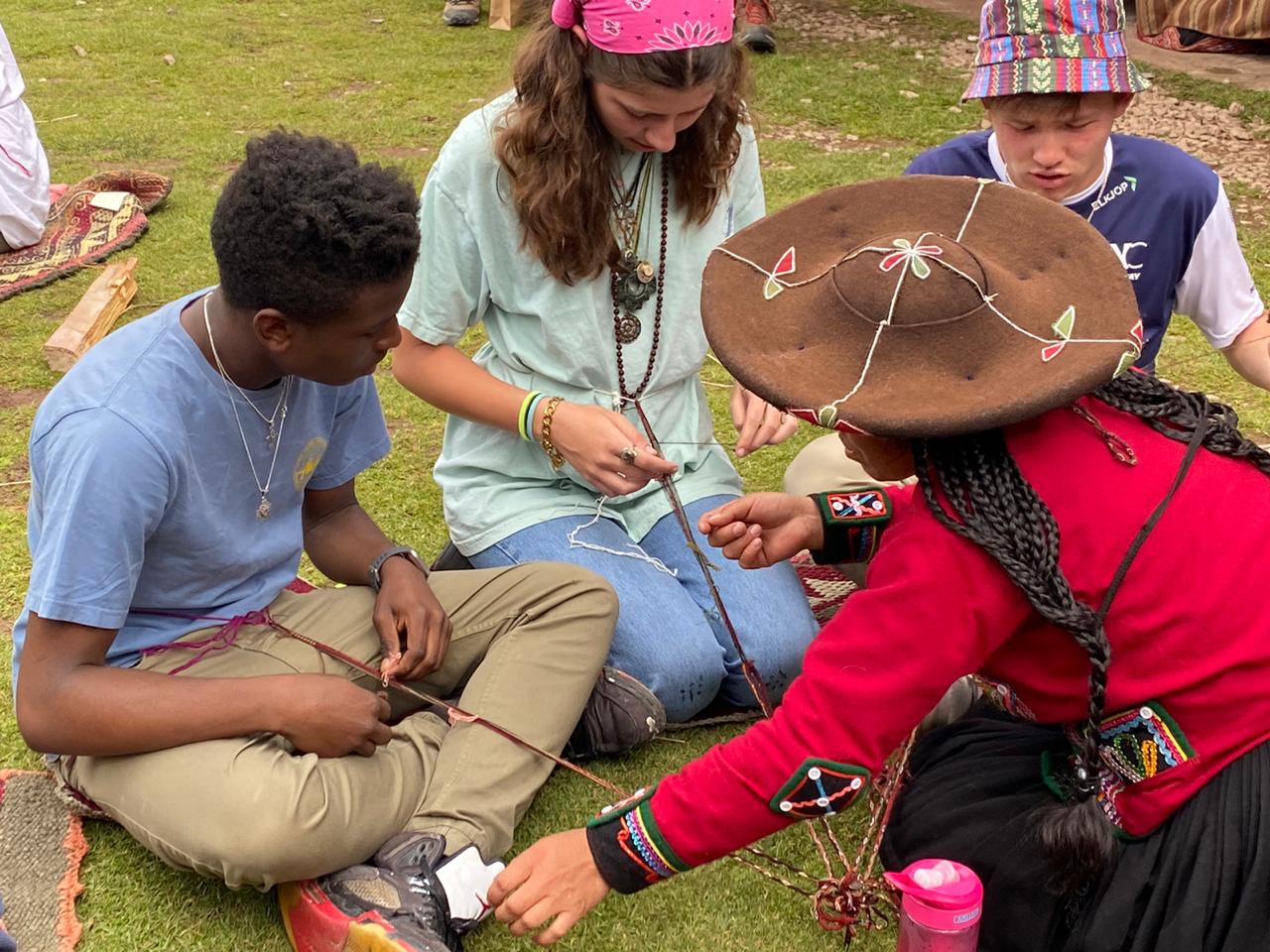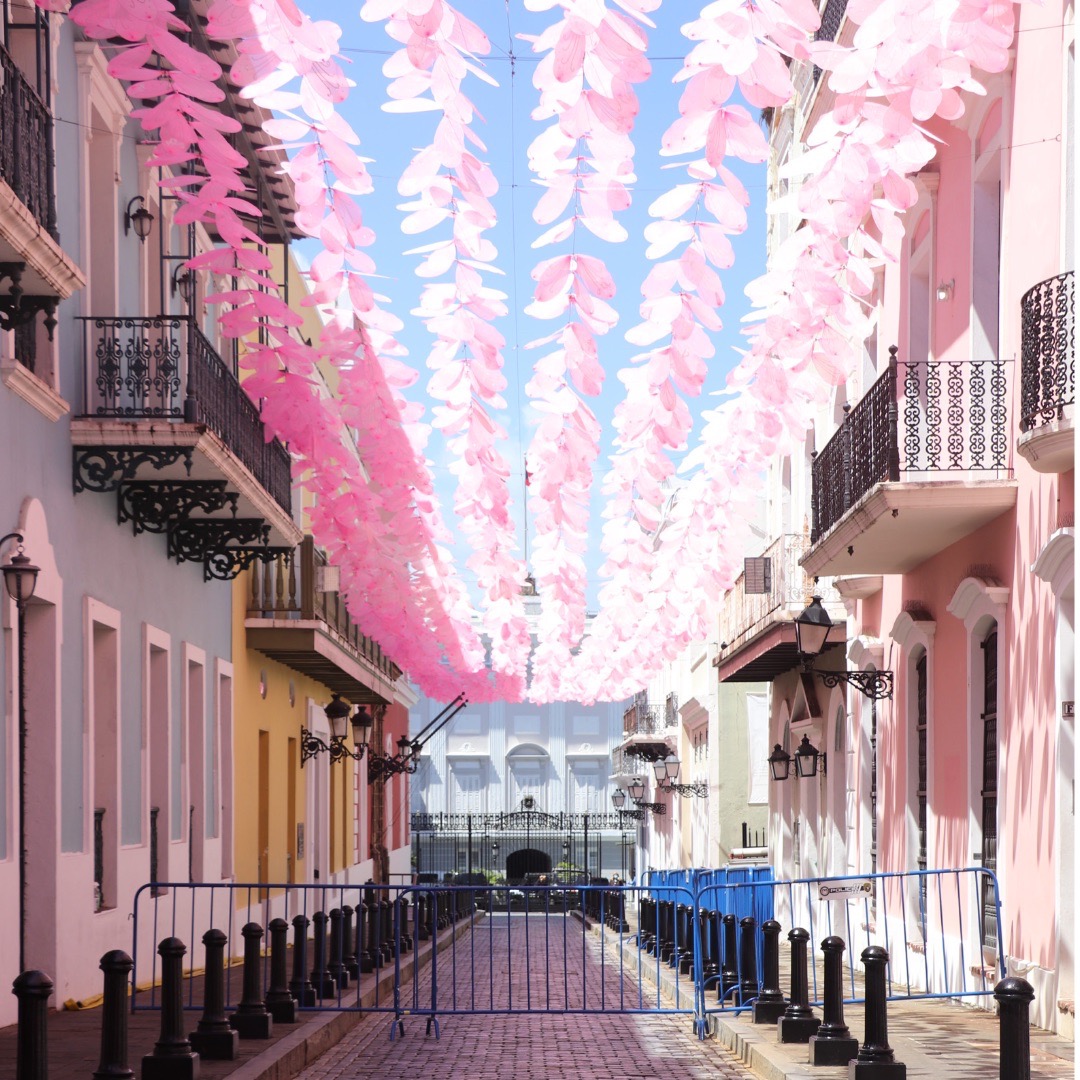Programs in Argentina
World Leadership School partners with local grassroots organizations, local leaders, and schools in Buenos Aires and Bariloche, Argentina. After a brief orientation period in Buenos Aires, students will fly two hours south to Bariloche for the community immersion part of the program. Bariloche is a charming mountain town, surrounded by massive lakes, and is the entry point to Patagonia, a wilderness of mountains, lakes, and glaciers stretching more than a thousand miles south to the tip of South America. While in Bariloche, and the nearby community of El Bolsón, students will learn from the Mapuche indigenous community while also working alongside a variety of NGOs working in organic food production, education, and other areas. Along the way, students explore Patagonia’s lakes, native lengue forests, and high-altitude grasslands. Most programs spend a few days in Buenos Aires to work alongside nonprofit organizations focused on education and human rights in order to learn about Argentina’s political and cultural history. This program is designed to highlight the work of local leaders as a way for students to think about how they can have an impact on their own community.
Argentina, with landscapes ranging from Patagonian Monkey Puzzle trees to the arid Atacama Desert, contains a diverse range of ecosystems and cultures. The centuries-old civilization of the Mapuche and Inca were conquered by the Spanish in the 16th century, who established Buenos Aires and imported enslaved Africans shortly thereafter. Argentina experienced massive waves of Italian and Spanish immigrants in the late 19th and early 20th centuries. Despite financial, military and political challenges, which continue today, Buenos Aires remains a vibrant and elegant capital.
Nestled in the heart of Argentina’s Patagonia region, Bariloche is a picturesque mountain town at the foot of the Andes Mountains and next to Lake Nahuel Huapi. The nearby community of El Bolsón is the home of a growing organic food production industry and the launching point for working with nearby Mapuche communities.
The safety of our programs rests on the experience and skills of our Staff, Country Coordinators and Instructors, who convene at our annual training in Colorado’s Arkansas Valley.
- The Staff of World Leadership School have decades of experience working in different educational environments. Their focus is logistics, risk management, program design, professional development, and consulting.
- Our Country Coordinators live and work year round in our overseas countries. They screen our homestay families, evaluate our transport and other service providers, and provide ground support for our groups.
- Our Instructors are veteran educators with extensive international experience. They have wilderness first responder training and often have past affiliations with Peace Corps, Outward Bound, NOLS, and/or independent schools.
We strive to responsibly manage risks. Our itineraries minimize highway travel and maximize immersion in rural communities that we know well. We update our risk management protocols, integrate feedback into program design, and invest in safety and communication equipment. Despite these efforts, World Leadership School cannot guarantee safety nor can it eliminate the inherent and other risks of international student travel. For information regarding program activities and associated risks, risk management, and student and parent responsibilities, please contact our office.
“I feel more connected to myself and my peers and learning in an environment outside the classroom was refreshing and reinspired my curiosity.”
— Student from French American International School
“My perception about what it means to be a community has changed so much. I’m inspired by how people here live their lives with so much richness through leaning on each other, taking advantage of the natural beauty around them, and radiating positivity.”
— Student from Lakeside School
“This program is an opportunity that will make you experience and think things you never thought possible. The relationships I developed are ones I will never forget and ones I will continue to deepen.”
— Student from Menlo School

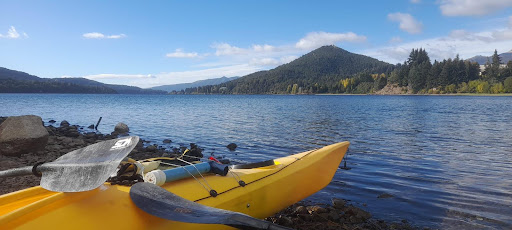
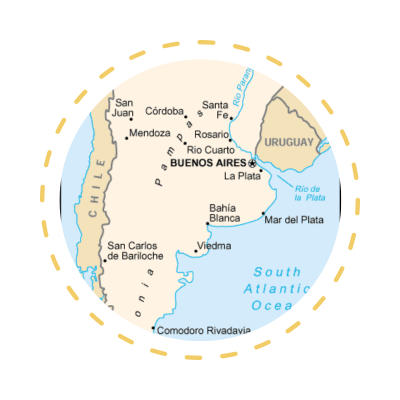
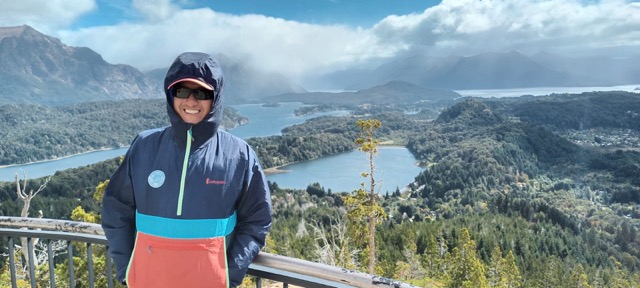
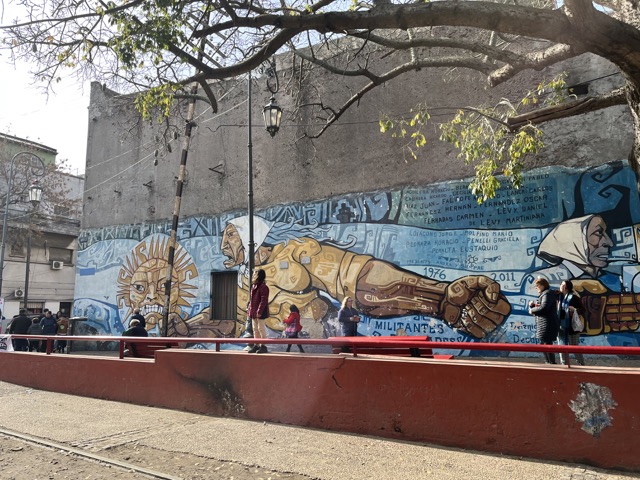
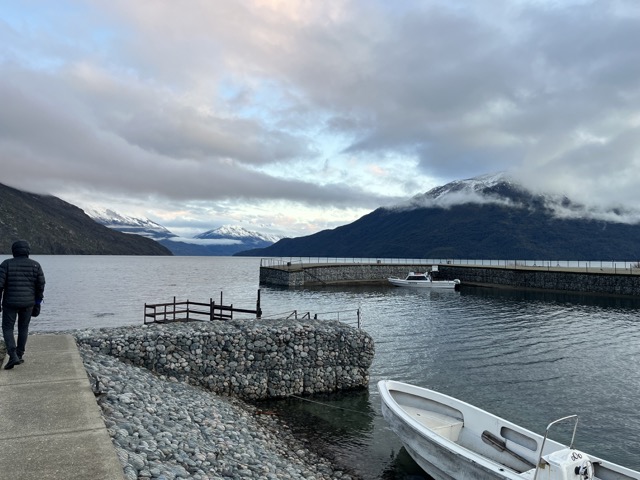
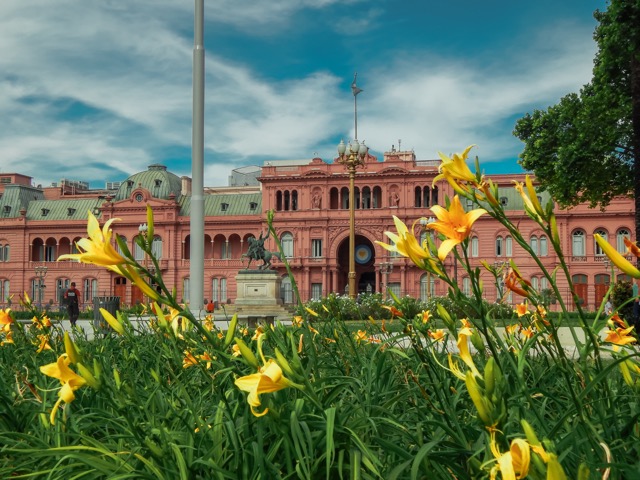


 Explore WLS
Student travel locations
Explore WLS
Student travel locations
